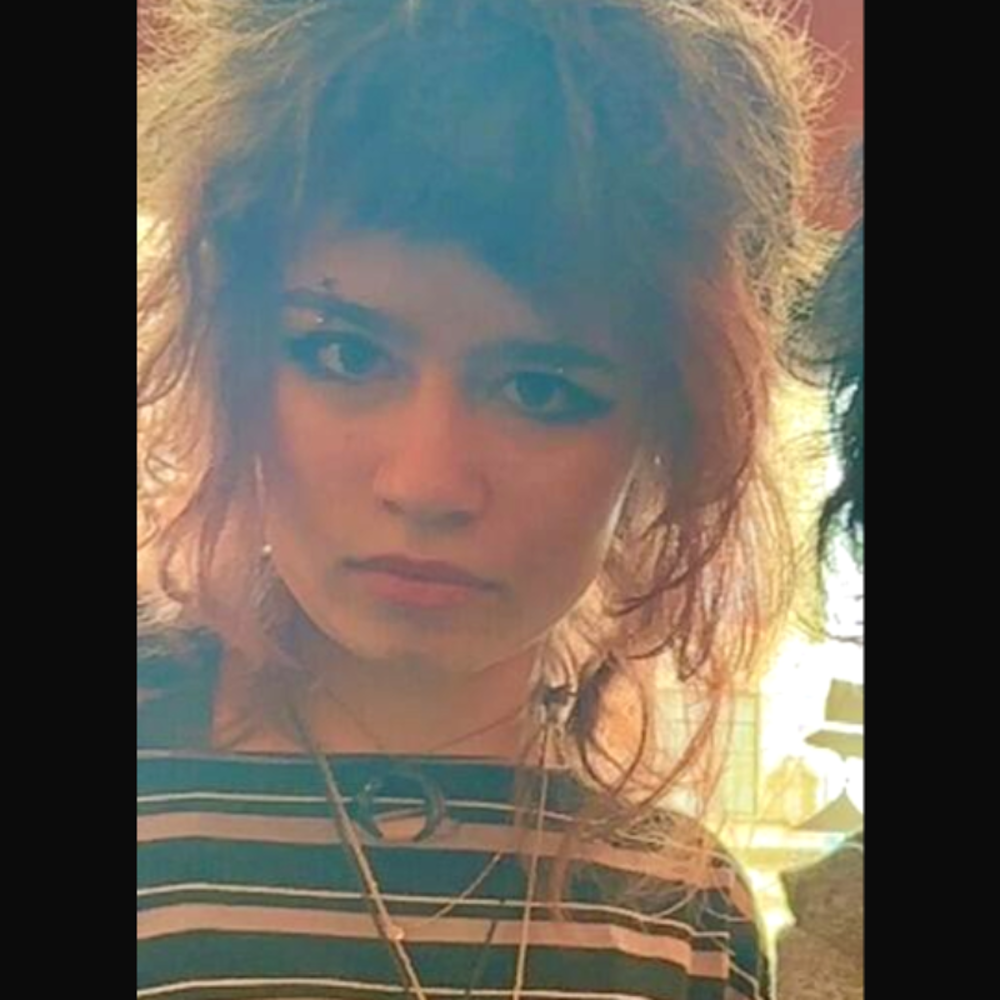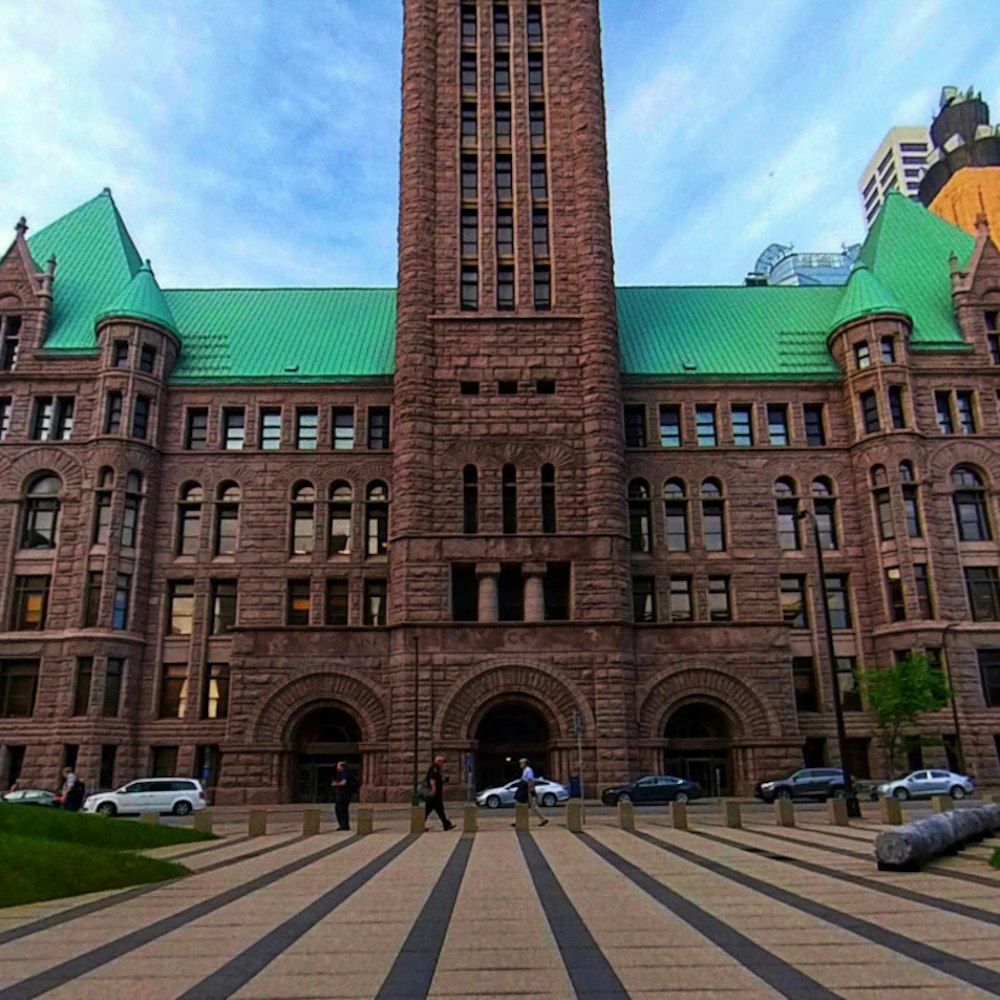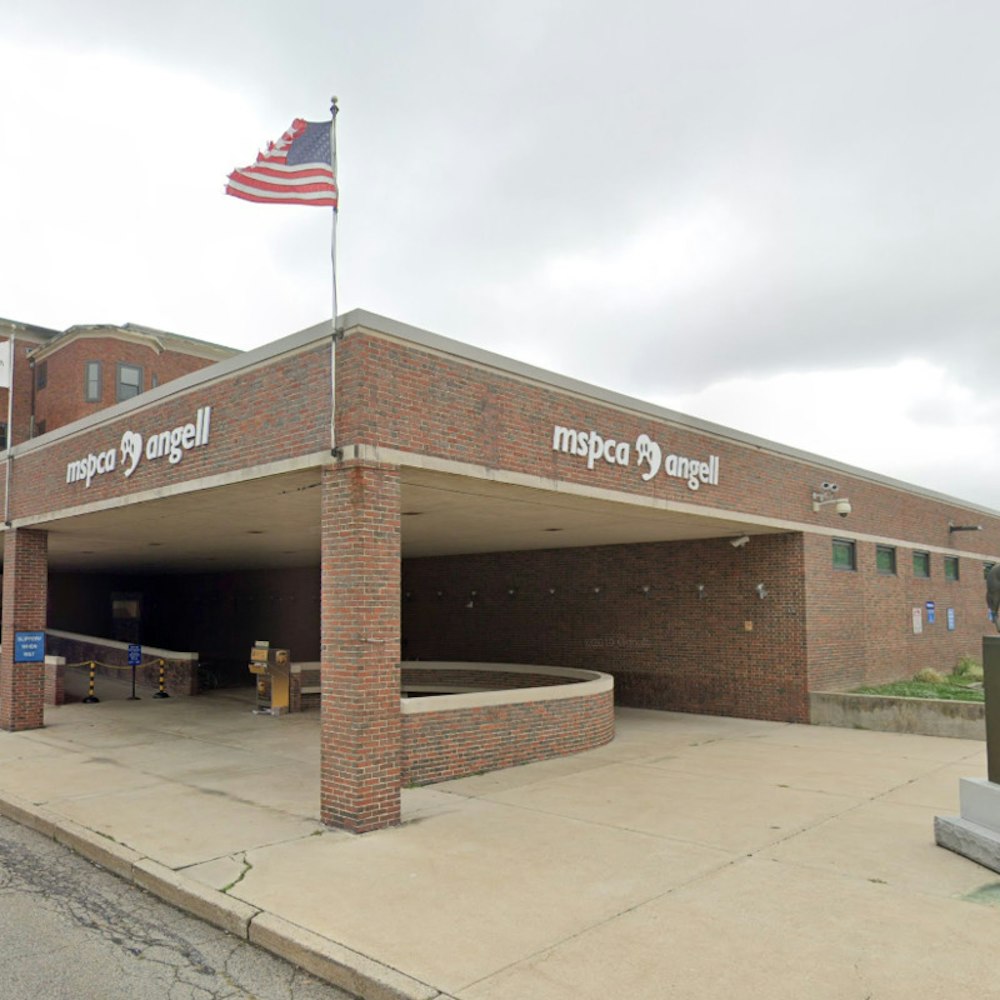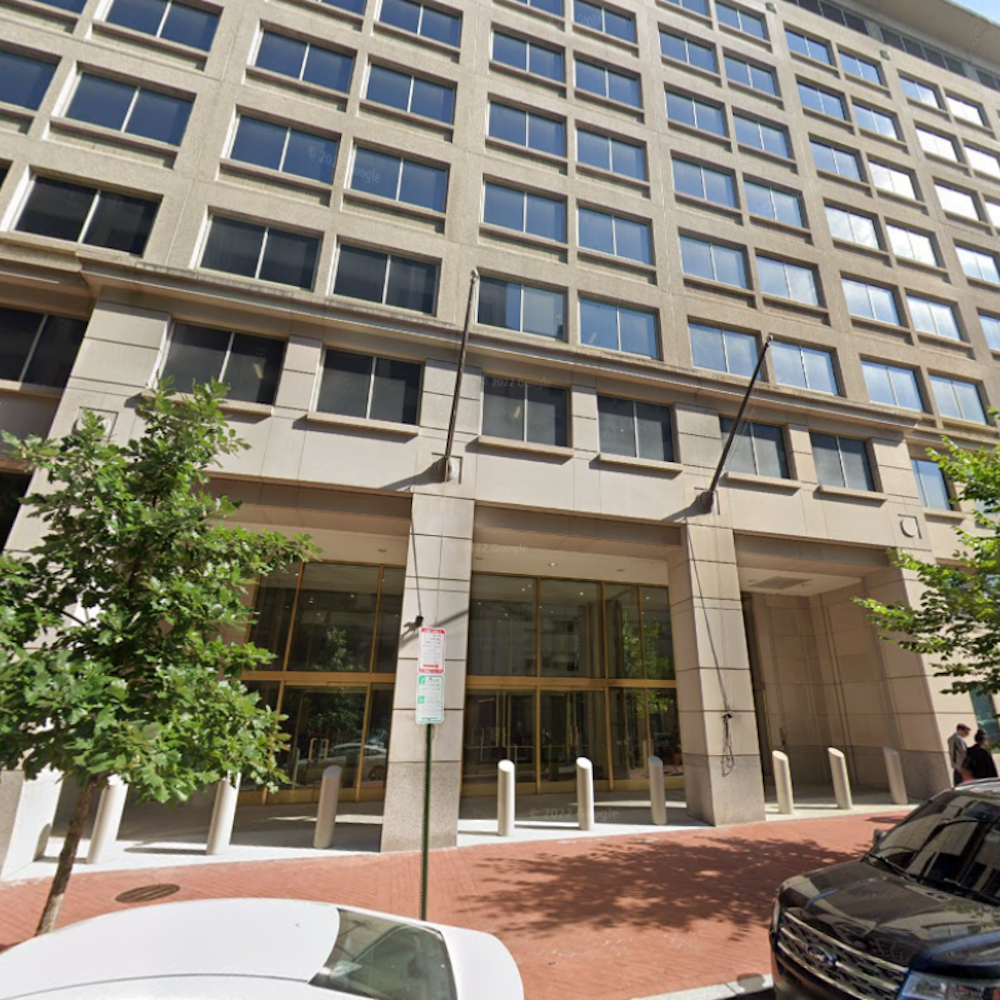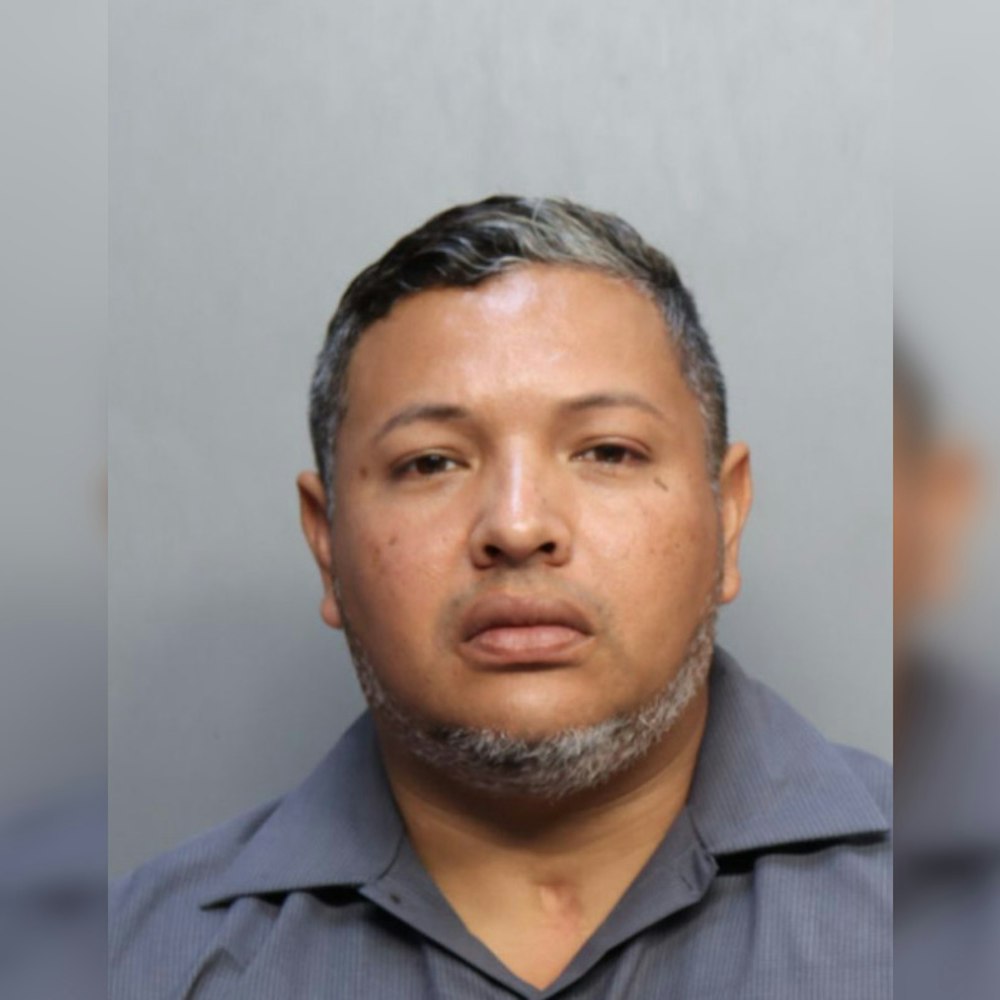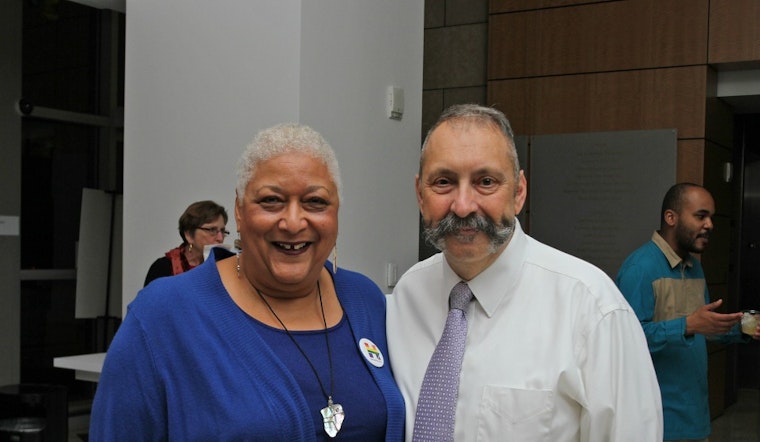
For Jewelle Gomez, activism and the arts have always been intertwined. A fixture in the Castro for many years, she believes that the neighborhood offers more diversity than it's given credit for.
"I know the Castro has the reputation for being all about white men," Gomez told Hoodline. "Still, more women and people of color flock there all the time. And if we're there, we change things."
Though she doesn't live in the neighborhood, home is near City College's Ocean Avenue campus, Gomez' professional and recreational lives bring her to the Castro often.
"I love the energy, the sense that queer people actually have a place that is our own culturally," she said. "Even if a lot of non-gay people live there, that's fine because our culture is strong."
Gomez has earned the respect of many in the Castro community and beyond for her work as an author and playwright. She recently published a new book, "The Gilda Stories," and her play, "Leaving the Blues," is scheduled to open March 3rd at the New Conservatory Theater downtown.
"Leaving the Blues" is a biographical drama imagining the public and private lives of Alberta Hunter (1895-1984), a famed African American blues singer who's now known to have been a lesbian.
"She was a very popular singer, toured the world and sang on Broadway," Gomez said. "She then retired in the 1950s and became a nurse for 20 years. She came out of retirement after the Hollywood filmmaker Robert Altman asked her to write the music for a movie he was making, "Remember My Name." Her music was the most memorable thing about the movie."
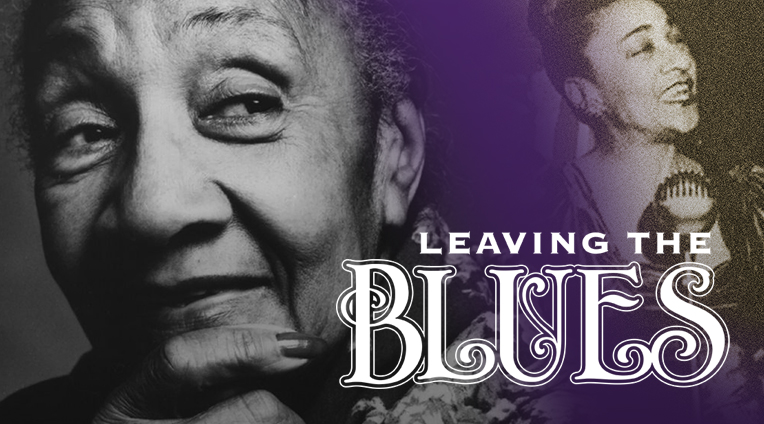
Gomez recalls having seen Hunter in concert several times and has long been intrigued by the singer's life story.
"My grandmother, who'd been a chorus girl at the time Alberta was popular, assured me that everybody knew Alberta was a lesbian," Gomez recalls. "I became fascinated with her and how a women of color and a lesbian could make a successful life in entertainment in the 1920s and 30s and keep a big secret. I wanted to know what kind of person she might of been and how living under cover affects any of us."
Gomez brings a long history of activism and community service to the table. She sat on the board of GLAAD—The Gay and Lesbian Alliance Against Defamation. She has also worked as a philanthropic grant maker.
Prior to moving to San Francisco, Gomez worked in New York as an off-Broadway stage manager and on the PBS television series "The Electric Company." She was also on staff at "Say Brother," one of the nation's first weekly programs produced for the African-American community.
"I've been fortunate that my activism, literary life and rent-paying jobs have always been entwined," she said. "I always knew that my perspective as a lesbian of color was important in making sure that marginalized artists had help applying for grants. That's been as important to me as making sure my fiction reflected my lesbian feminist beliefs."
When she's not creating literary works, Gomez can often be found enjoying the many pleasures the Castro offers. "I love that there's a book store back on Castro Street," she said, referring to Dog Eared Books. "I've really missed that because I think bookstores are the heartbeat of a neighborhood."
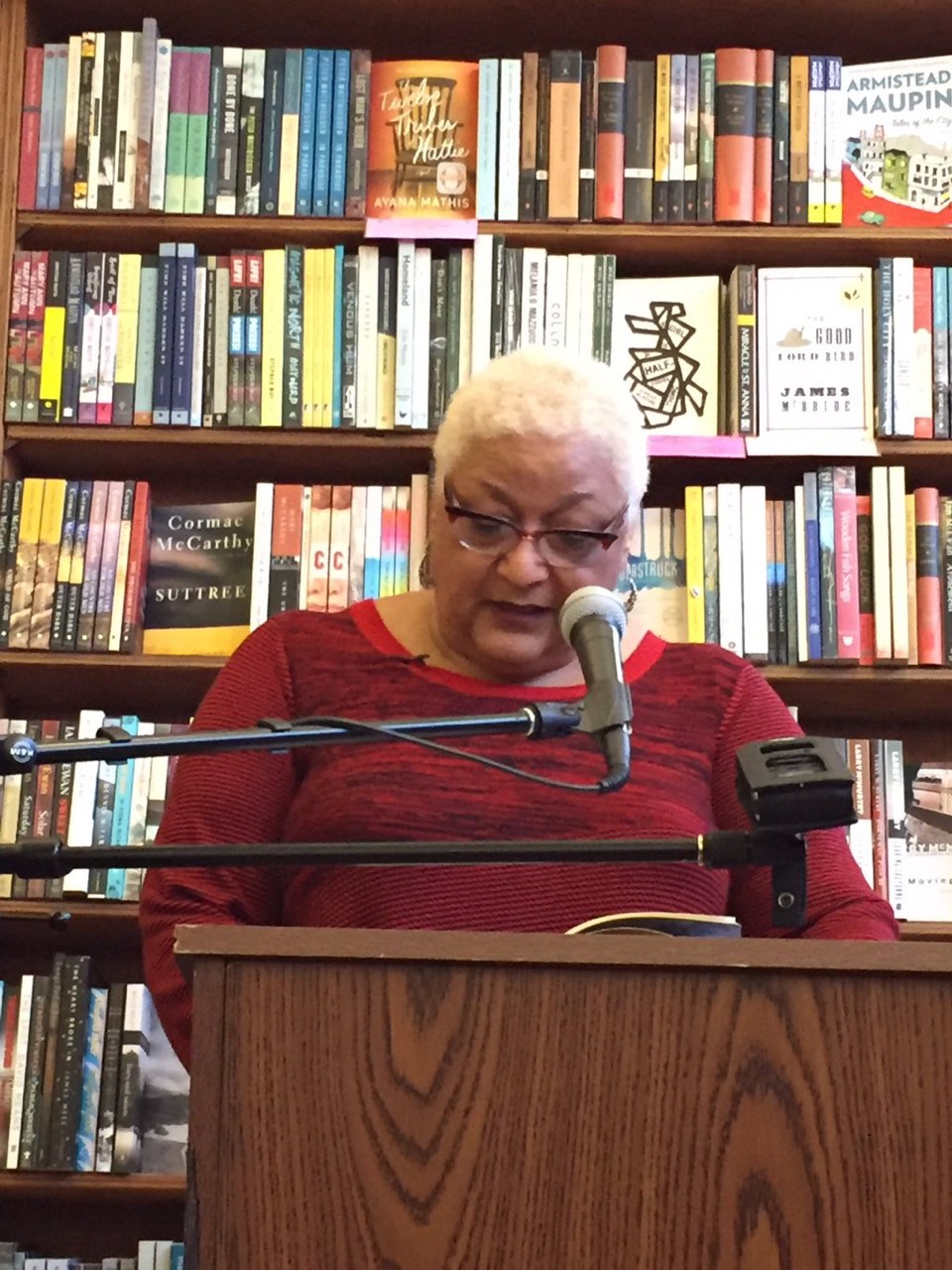
Of course, the neighborhood theater is among her favorite spots as well. "I love the Castro Theatre," she said. "I spend a solid 10 days there during the Frameline LGBT Film Festival; I get such a sense of community just watching people and who shows up for what film. The discussions of the films afterwards is so exciting. We start to feel like we really have a community when we talk about our art and culture; that's were we all intersect."
As much as she loves the neighborhood, Gomez admits there are problems. "I hate that real-estate prices have blown up so much that working people have a hard time finding a place to live," she said. "The creative classes really help give a neighborhood character, but if they can't find an apartment on this side of the Bay, the neighborhood suffers."
Gomez believes that in the aftermath of the Trump election, neighborhoods like the Castro are crucial.
"In some ways, having Trump and his band of trolls in office should galvanize thinking queer people into paying more attention to our community spaces," she said. "I love the Women's building in the Mission because it gives us a sense of commonality, and I can't wait for the LGBT Center to re-open; we really need it now. Like book stores, a physical space, an ongoing institution, is what helps hold us together."
